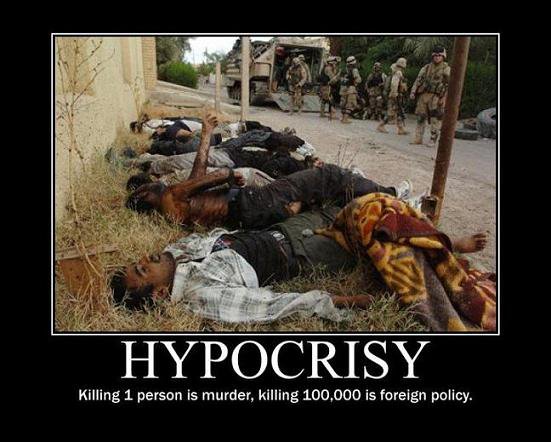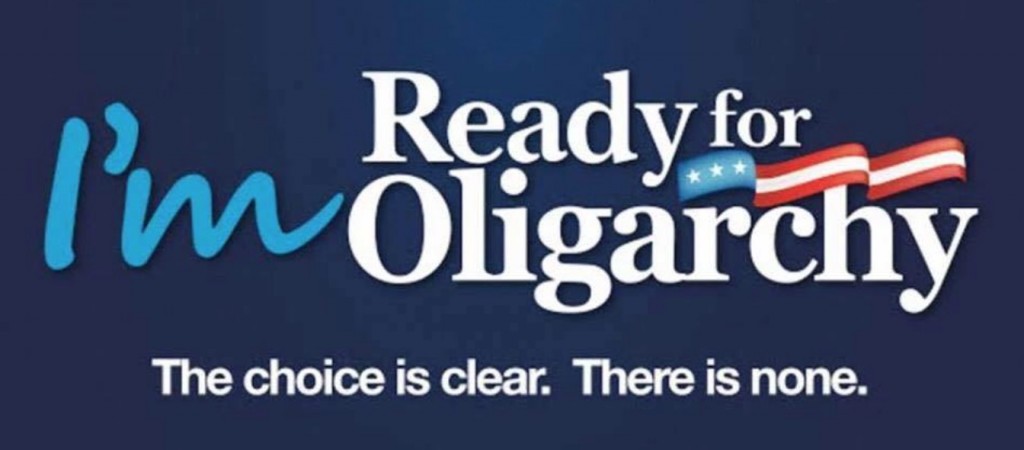
The usual suspects have turned away
from a fleeting interest in America’s crisis
to beat the drums of war in Ukraine
Andrew J. Bacevich / The American Conservative
(March 28, 2022) — Surveying the national landscape in 2020 for an edited volume called The American Crisis, the journalist Anne Applebaum, who reliably conveys establishment thinking, concluded that “We are a failed democracy, even a failed state.”
To substantiate this uncompromising judgment, offered during the last full year of the Trump presidency, she cited a roster of pathologies that had invaded the body politic:
nativism and white supremacism; extremism on both the far right and the far left; the spread of conspiracy theories; the entrenching of corruption; the disappearance of jobs; the widening of inequality; the growth of a complex physical- and mental-health crisis created by opioids, food insecurity, and limited healthcare.
All of this, mind you, was before the disputed 2020 US presidential election prompted an assault in the Capitol, before the nation’s very long war in Afghanistan ended in abject and embarrassing failure, before inflation spiked to its highest level in 70 years, and before the US death toll from Covid closed in on the one million mark. Even President Biden’s most avid fans would be hard-pressed to make the case that in the two years since, the United States has found its way back to good health.
Within just the last few weeks, however, Applebaum’s outlook has changed. Replacing her earlier sourness is let’s-get-it-on feistiness. What precisely has prompted this remarkable mood swing? In a word, war.
Russia’s invasion of Ukraine finds Applebaum, who holds dual US and Polish citizenship, eager to have at the Russkies. At least for now, she has apparently shelved all of those concerns that had reduced the United States to the status of failed democracy and failed state. Anne Applebaum is on the warpath.
Writing in the Atlantic on March 22, she summons the United States, along with the rest of the “democratic powers,” to ensure that the war will “end in a decisive Russian defeat.” Simply expelling the invader won’t be good enough. Russia must be flat-out beaten, trounced, clobbered, humiliated. Nothing less will suffice.

While not going so far as to call for direct US military intervention, she leaves no doubt that Ukraine has become “our” war, and rightly so. “Every move we make,” she writes, “must have a single goal: How does it help Ukraine win?”
In her view, more is at stake than merely future Ukrainian security or even European stability. Applebaum cites (with approval!) Russian foreign minister Sergey Lavrov: “This is not about Ukraine at all, but the world order. The current crisis is a fateful, epoch-making moment in modern history. It reflects the battle over what the world order will look like.” In short, the implications of the fighting in Ukraine will be fraught with cosmic significance. On that score, at least, Applebaum and Lavrov agree.
Where the two depart company is on what the outcome will look like. “A victory for Ukraine,” she promises, “really will be a victory for all who believe in democracy and the rule of law.” The impact will be felt around the world. Victory, according to Applebaum, “will embolden “citizens of existing democracies and members of the democratic opposition in Russia, Cuba, Belarus, and Hong Kong.” Regarding the West’s response, therefore, “There is only one rule: We cannot be afraid.”
I would add a second rule: We can ill afford to be stupid.
Applebaum was among those who vigorously supported the 2003 US invasion of Iraq, another war marketed as promising a “victory for all who believe in democracy and the rule of law.” The outcome fell well short of delivering on such promises. A war sold on the expectations that it would solve problems exacerbated them. Indeed, for anyone curious as to the origins of the “American crisis” to which Applebaum alluded in 2020, misbegotten wars such as Iraq just might offer a good point of reference.
Russian aggression and brutality are indefensible. Yes, the Russian invasion of Ukraine is a crime. Yes, Putin needs to be stopped. But to believe that ejecting Russian forces from Ukraine will somehow set the stage for a great affirmation of democratic ideals is a dangerous illusion, especially if, as is likely, the essential character of the Russian regime remains unchanged even after this conflict ends.
When describing the United States in 2020 as a failed democracy and a failed state, Applebaum was engaging in typical journalistic hyperbole. But if overwrought, her characterization was not altogether wrong. Ours is a wounded country, badly in need of repair. Nothing in our national politics, fraught with division, dishonesty, and cynicism, suggests that the necessary turnaround will occur anytime soon.

To imagine that war — even a proxy war — offers a path to redemption is a dangerous delusion. Wars are fraught with uncertainty — as Vladimir Putin himself has now learned. They are more likely to worsen existing problems and to create new ones than to provide tidy remedies. Ukraine will prove no exception.
However ugly, the Russo-Ukrainian War is a regional conflict. Assuming that nuclear weapons remain unused, its implications for the international order will be limited. When the fighting ends, Russia and Ukraine will still be neighbors.
Russia’s richly deserved status as global pariah will have to be rethought and revised. And Americans will discover that helping Ukraine “win” has done nothing to solve the problems dogging their own country.
Andrew J. Bacevich is president of the Quincy Institute for Responsible Statecraft and TAC’s writer-at-large.
Posted in accordance with Title 17, Section 107, US Code, for noncommercial, educational purposes.